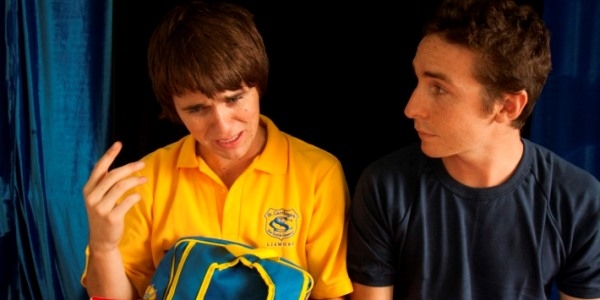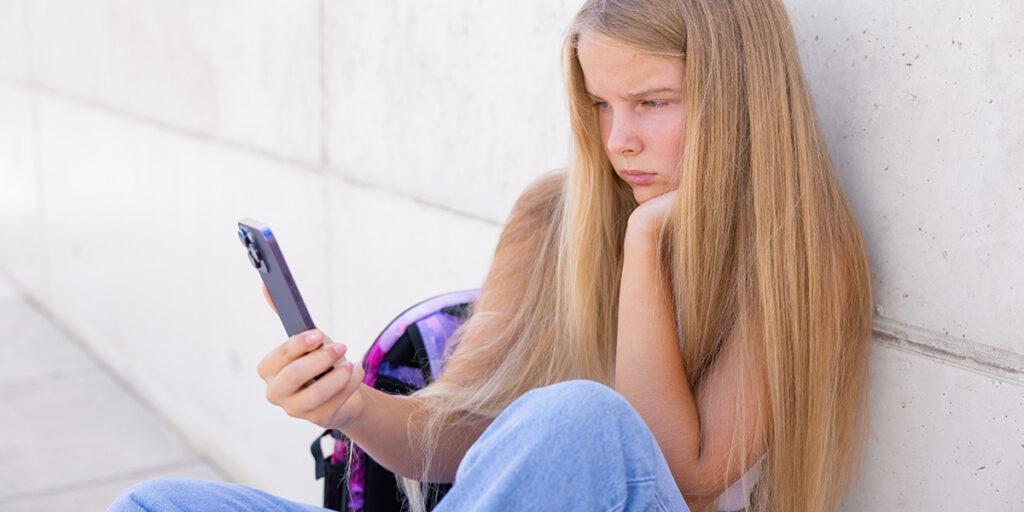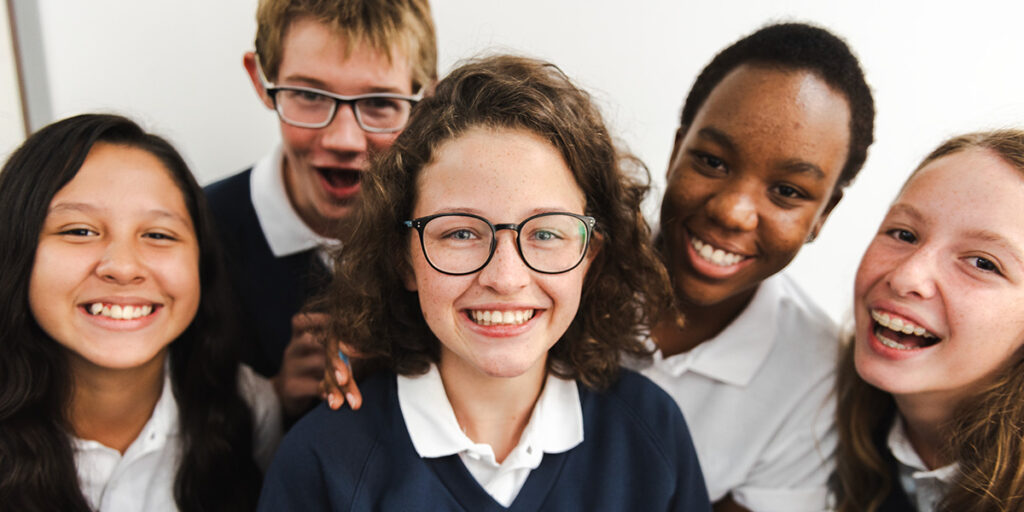The Herald-Sun recently reported that bullying behaviour is starting in children as young as age three; with research from the University of Wollongong revealing 93% of early childhood educators believe young children are capable of bullying. With most instances of bullying beginning in the playground with name calling, pushing and hair pulling, anti-bullying programs are vital to help guide primary school children who may already be displaying challenging or aggressive behaviour or to help kids who are being bullied.
Brainstorm Productions anti-bullying program for primary schools, ‘Sticks & Stones’ (K-6), focuses on physical safety and educating kids on how to react to stressful situations, especially when they’re overcome by a feeling of ‘fight or flight’. It is important for kids to recognise these feelings, even if they don’t know intellectually that someone is bullying them, so they’re equipped on how best to manage the situation and work through it. ‘Sticks & Stones’ (K-6) promotes positive student behaviour and encourages kids to extract themselves from the situation, whether they’re the aggressor or the target by using the following key messages:
- DON’T be a BULLY…STOP. Think. Breathe. Walk away.
- DON’T be a TARGET…SPEAK UP. Stand tall. Tell someone.
- BE MORE THAN A BYSTANDER…BE A FRIEND. Don’t be an audience.
‘Sticks & Stones’ (K-6) also addresses the issue of children ‘acting out’ negative or aggressive behaviour learnt from peers, siblings, at home and from TV, movies and computer games. The program helps primary school kids to take ownership and responsibility for their own actions and to choose positive behaviours. By teaching kids to control their emotions, the cycle of bullying can be broken; leading to a safe, respectful and compassionate school environment.
Using Education Theatre to Reach Students
Winner of an Australian Violence Prevention Award and enjoyed by over 1.7 million students in Australia, ‘Sticks & Stones’ uses educational theatre to reach children on an emotional level. Kids are often more receptive because they can empathise or relate to the characters on stage, with actors using both verbal and non-verbal communication. When communicating with children you can say a lot without using words! By incorporating non-verbal communication including body language, eye contact, gestures and tone of voice, the key messages are delivered with more power to help guide positive behaviour. The show is also intentionally set ‘in the round’, so students are close to the action and ‘unpack’ the themes of the show – bullying, empathy, friendship, cooperation. This active approach to anti-bullying is incredibly influential, as kids experience the concepts of ‘choice and consequence’ and ‘cause and effect’.
Here is just a sample of the enthusiastic feedback received from schools:
“Highly recommended. Sticks & Stones is the best performance I have ever seen on the bullying issue. All children were tuned in and knew what was happening. Some children who would normally be difficult were completely identifying with the characters. Could have heard a pin drop.”
Black Forest Primary School
“Highly recommended. Sticks & Stones is a very powerful performance that showed the reality of many children’s experiences with bullying; internal struggles, personal hurts, why people bully and parental pressure. Sticks & Stones showed different types of bullying and encouraged bullies to change their behaviour. Loved the acrobats, singing and the ‘getting along’ at the end when the characters become friends.”
Heights College, Rockhampton
To read more testimonials for ‘Sticks & Stones’ (K-6), click here.
To find out more about ‘Sticks & Stones’ (K-6), click here.
White Ribbon Day
This year’s White Ribbon Day will be held on 25th November 2014. The day is designed to help raise awareness to prevent the perpetration of violence against women and girls. To find out more visit www.whiteribbon.org.au
If you or someone you know is experiencing violence and need help or support, please contact one of the support services below:
- 1800 RESPECT: 1800 737 732
- Lifeline: 131 114
- Police or Ambulance: 000 in an emergency for police or ambulance.
- Kids Help Line: 1800 551 800
- Relationships Australia: 1300 364 277




